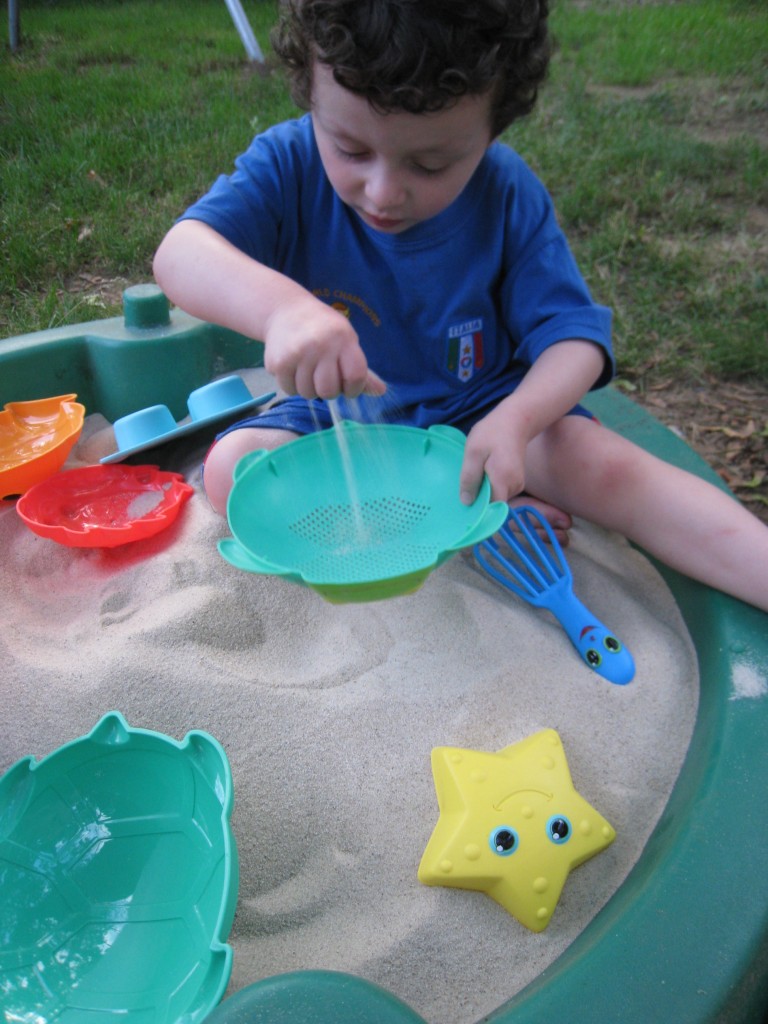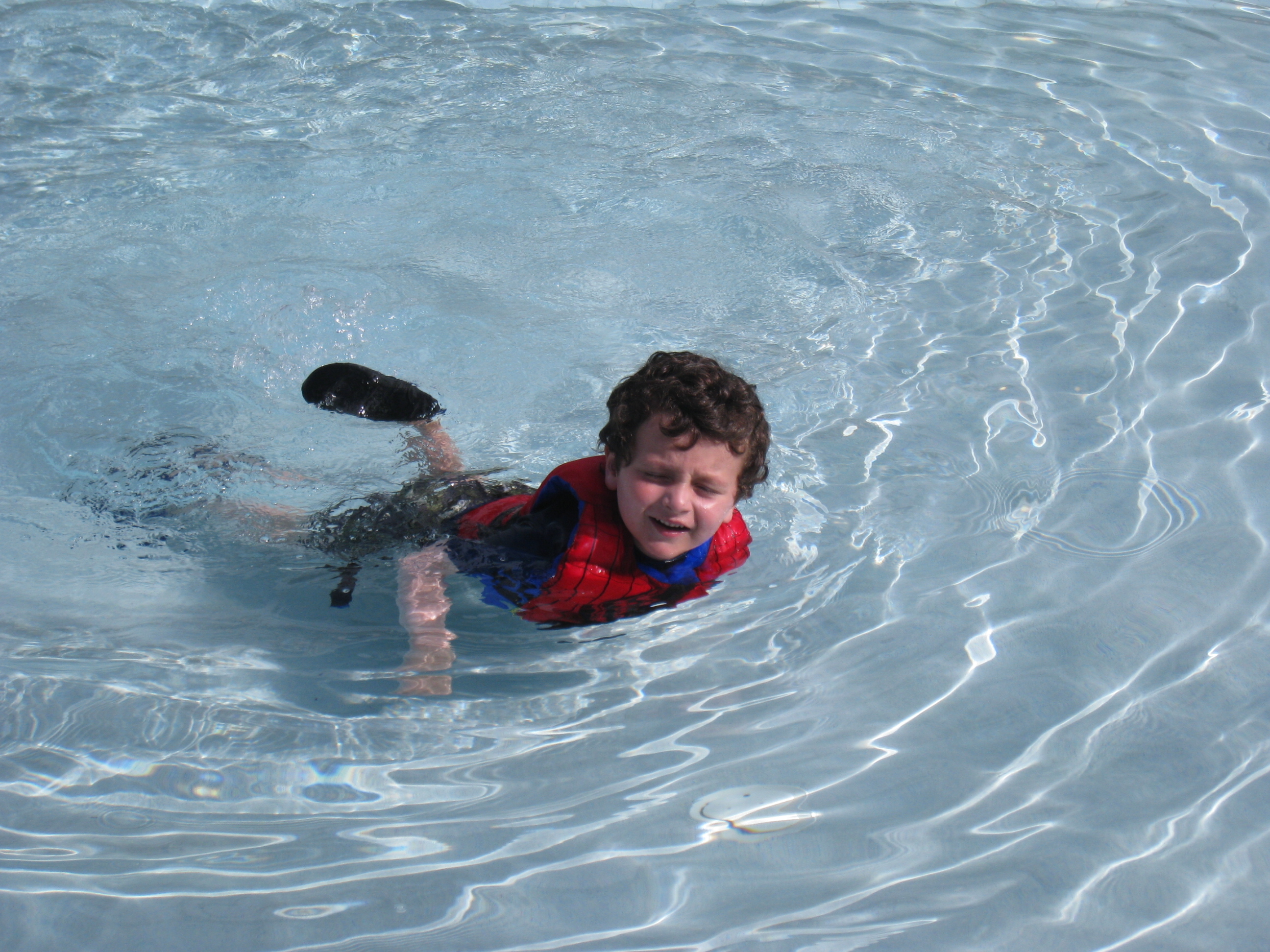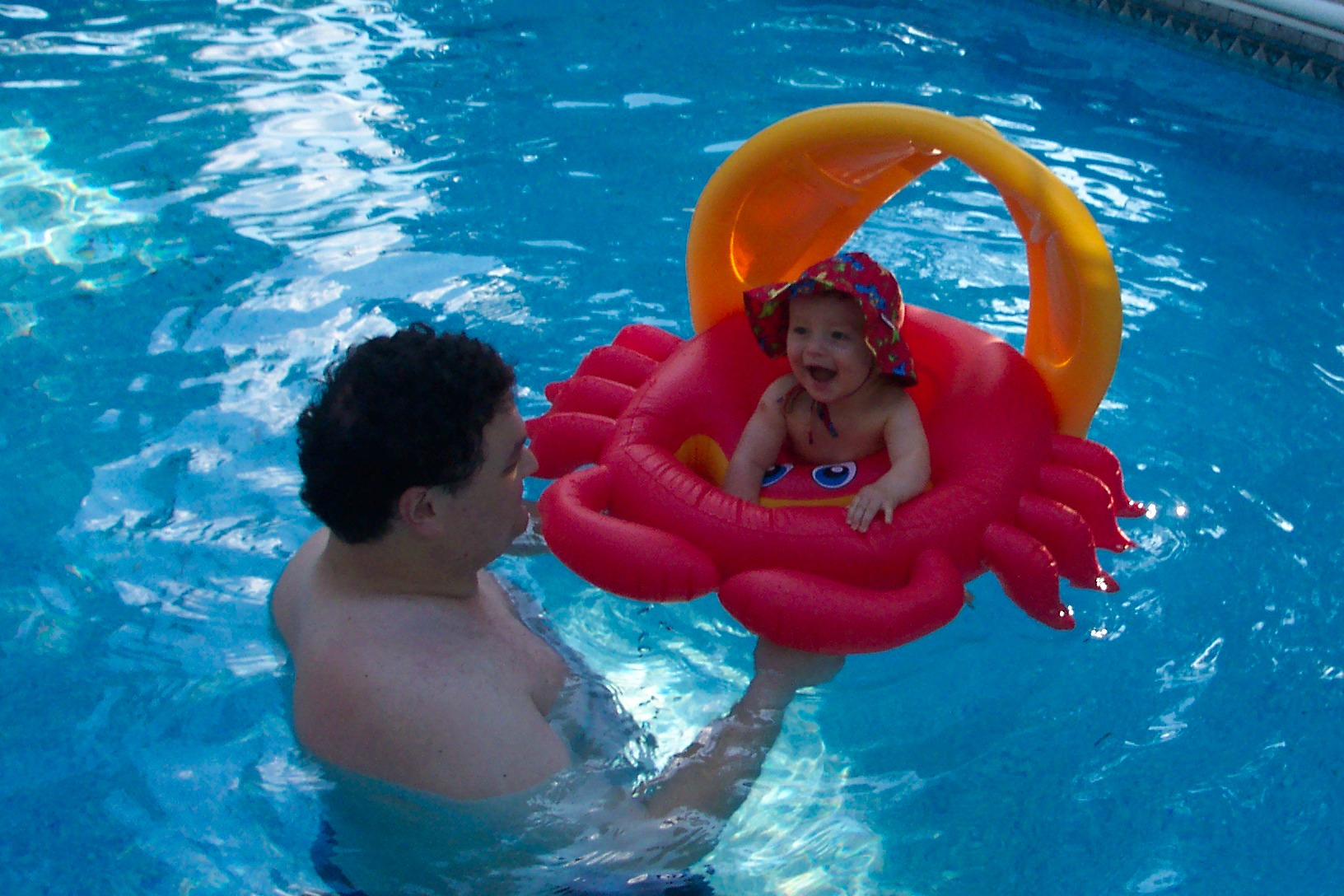Disclosure- I am sharing the below with you from the ESA. This is not a sponsored or compensated post. I am disclosing this in accordance to FTC Guidelines. Please see “Disclose” tab for more information.
 The long-awaited summer season is here: Kids are out of school, store shelves are lined with grilling supplies, and the smell of sunscreen permeates the air. The sunny, warm weather provides ideal conditions for relaxing outdoors with friends and family.
The long-awaited summer season is here: Kids are out of school, store shelves are lined with grilling supplies, and the smell of sunscreen permeates the air. The sunny, warm weather provides ideal conditions for relaxing outdoors with friends and family.
June is National Home Safety Month, and the Electronic Security Association (ESA) offers these tips for safely enjoying fun-in-the-sun all summer long.
Grill Safely
According to the National Fire Protection Association (NFPA), grilling is a major source of home fires during the summer months. Each year, there are nearly 8,300 home fires caused by gas, charcoal or solid-fueled grills. To ensure the results of your cookout are delicious, not disastrous, remember these tips:
- Only light propane and charcoal grills in a well-ventilated outdoor area. All grills produce carbon monoxide, a tasteless and colorless gas that can be lethal when inhaled.
- To prevent burns or accidents, keep three feet away from the grill.
- Always read your grill’s manual before using. Each grill is different and may have unique operating instructions.
- If you smell gas while cooking, immediately move away from the grill and call the fire [Read more…]

















